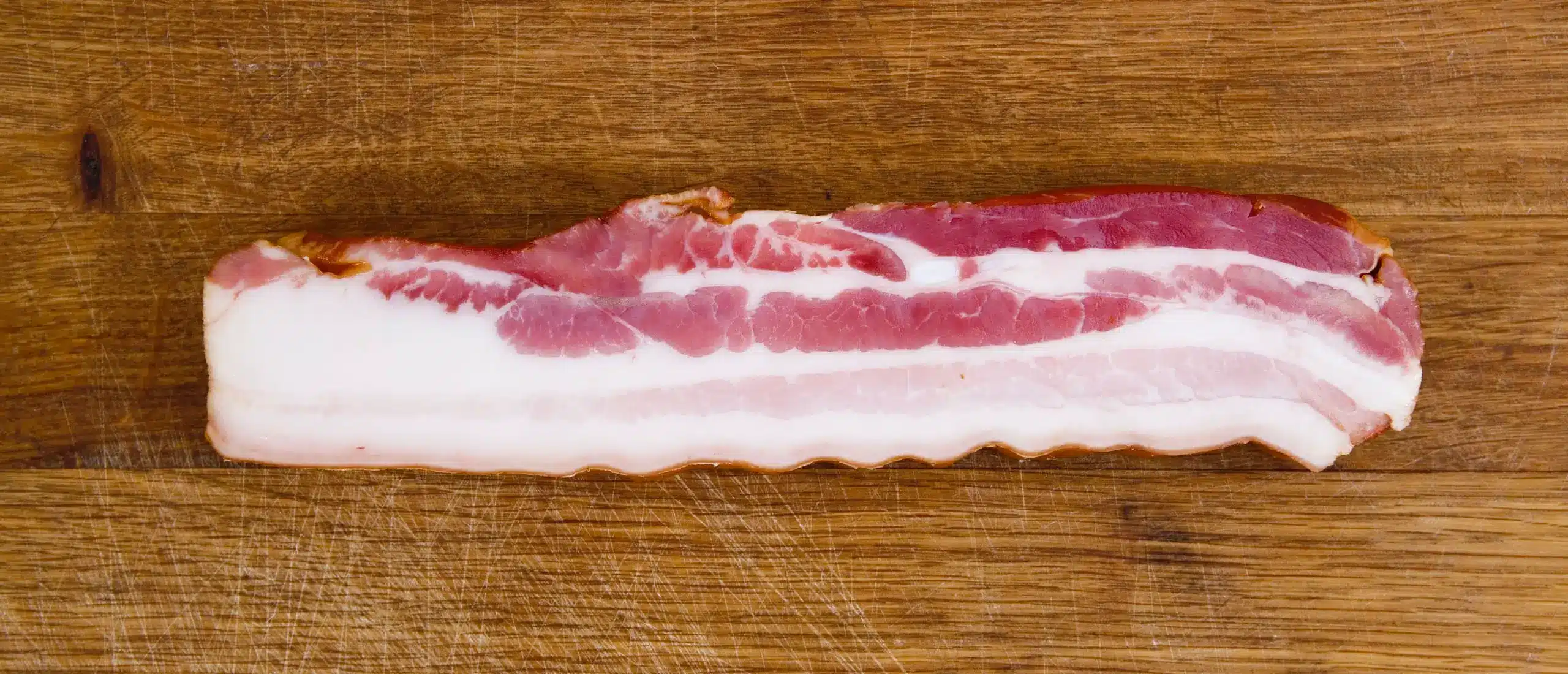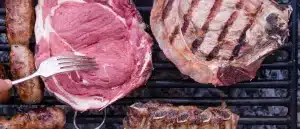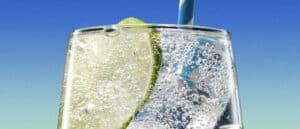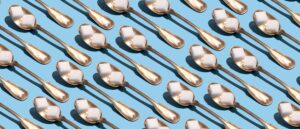Is Nitrate-Free Bacon Actually Healthier? A Registered Dietitian Explains
- By Sydney Bueckert, NASM C.P.T., C.E.S., F.N.S., G.P.T.S.
- Reviewed by Imashi Fernando, M.S., R.D.
- June 14, 2023
Fast Facts
- Nitrates are recognized by the World Health Organization as carcinogenic, or cancer-causing.
- Bacon is cured with sodium nitrate and nitrite, but some bacon manufacturers produce nitrate-free varieties which are cured with celery juice powder or sea salt, instead.
- Nitrate-free bacon still contains organic nitrates and might not be any healthier than regular bacon.
- To reduce nitrates and improve the health profile of your bacon, look for high-quality, organic, pastured varieties, and cook it at a low temperature.
Nothing beats waking up to the sweet sound (and smell) of bacon sizzling. There’s no doubt it’s tasty, but deep down we know it’s bad for us.
Sadly, science agrees. Processed meats like bacon, sausage, and salami can increase your risk of cancer, according to the World Health Organization (1).
The fact that bacon is high in saturated fats, cholesterol, and sodium likely has something to do with it (2, 3, 4). However, in recent years the spotlight has shifted to nitrates—a compound found in processed meats that can produce harmful cancer-causing nitrosamines in your body (5).
According to nitrate-free bacon stans, not all bacon is created equal. “Because nitrate-free bacon is Paleo and Whole30-approved, many people assume it’s a healthier choice,” says Imashi Fernando, MS, RD. The nitrate-free stamp on the label might make you think the bacon you’re eating isn’t so bad after all.
But is nitrate-free bacon actually healthier? Fernando breaks it down and tells us exactly what to look for on the label to pick the most nutritious bacon.
What Are Nitrates?
Nitrates and nitrites occur naturally in the human body and some vegetables, like beets, spinach, lettuce, arugula, and celery. They’re also found in sodium nitrate, a salt used to preserve foods. “Manufacturers add them to processed meat like deli meat, bacon, and jerky, to preserve them and make them last longer,” says Fernando.
After consuming them, bacteria in your mouth and enzymes in your stomach can convert nitrates into nitrites (6). Depending on the food, and how it’s cooked, nitrites can form either helpful compounds like nitric oxide (7) or cancer-causing compounds called nitrosamines (6).
Specifically, when cooked at high temperatures, nitrites in the presence of amino acids (the building blocks of protein) can convert to nitrosamines (8). “Since processed meats like bacon, sausage, or chorizo are packed with protein and often cooked at high temperatures, it presents the perfect conditions for carcinogenic compounds, like nitrosamines to form,” says Fernando.
What Is Nitrate-Free Bacon?
If bacon is labeled “no nitrate or nitrite added” or “uncured bacon” it’s considered nitrate-free bacon. Ironically, nitrate-free bacon is still cured, just using a non-synthetic curing agent like celery powder—which is naturally high in organic nitrate—or sea salt. These types of bacon are labeled with a disclaimer in fine print, which typically reads: “except for those naturally occurring in celery juice powder.”
Is Nitrate-Free Bacon Healthy?
Since nitrate-free bacon is cured with non-synthetic curing agents, it lends peace of mind to those following the Whole30 or Paleo diets, or those simply looking to cut back on additives and preservatives. But is it deserved?
“These labels paint a picture that nitrate-free bacon is healthier, but that’s actually not the case,” says Fernando. To the naked eye, celery juice powder sounds healthier than sodium nitrate—after all, it’s organically derived. However, it’s still a nitrate.
“When cooked at high temperatures, it is possible that nitrates in celery may have a reaction similar to sodium nitrate,” she explains. “Combined with the amino acids in bacon, nitrates from any source can convert to nitrosamines.” Although, she points out that more research is needed to fully understand if there are any differences in nitrosamine production between different sources of nitrates.
In 2019, a petition was submitted to the Food Safety and Inspection Service (FSIS) that nitrates and nitrites be clearly labeled, regardless of the source; however, the misleading labels remain.
What’s more, initial lab tests show that some bacon brands that use celery juice powder to cure bacon might have more nitrites than those cured with sodium nitrate. But again, Fernando notes that more research is needed.
How to Choose Healthier Bacon
If you just can’t shake bacon’s crispy, salty crunch, here’s what she recommends looking for when selecting the healthiest options at the grocery store.
Source cleaner pork
Life is too short for bad bacon. “Opt for organic, grass-fed, and pasture-raised when possible,” says Fernando. “It makes a big difference since bacon is loaded with fat—where toxins from an animal’s diet and environment are stored (14).” She also suggests looking for center-cut bacon when possible since it naturally has less fat.
Minimize added ingredients
Nitrates aren’t the only important ingredient on the label. “Many bacon recipes include sugary rubs or sodium-laden seasonings,” says Fernando. “Check the label for options lower in sodium and sugar.”
Look for added antioxidants
“Some bacon manufacturers add vitamin C (sometimes listed as ascorbic acid) to the rub,” says Fernando. “This technique is thought to stop nitrosamine formation and aid nitrites in converting into nitric oxide (15).”
Opt for turkey
“Turkey bacon is still considered processed meat and should be limited in a healthy diet,” says Fernando. “However, it’s leaner than pork and contains less saturated fat, which makes it a healthier choice.”
Cook it low and slow
“Bake or pan-fry your bacon at a low temperature (less than 300 degrees) to avoid creating nitrosamines in your meat—which form at high temperatures (9),” says Fernando.
The Bottom Line
Nitrate-free bacon still contains nitrates, just from non-synthetic sources like celery powder or sea salt. There is no scientific evidence that naturally occurring nitrates are any less likely to convert into cancer-causing nitrosamines in the body than sodium nitrate. This means nitrate-free bacon may not be any healthier than regular bacon. More research is needed. Until then, limit processed meats like bacon in your diet.













